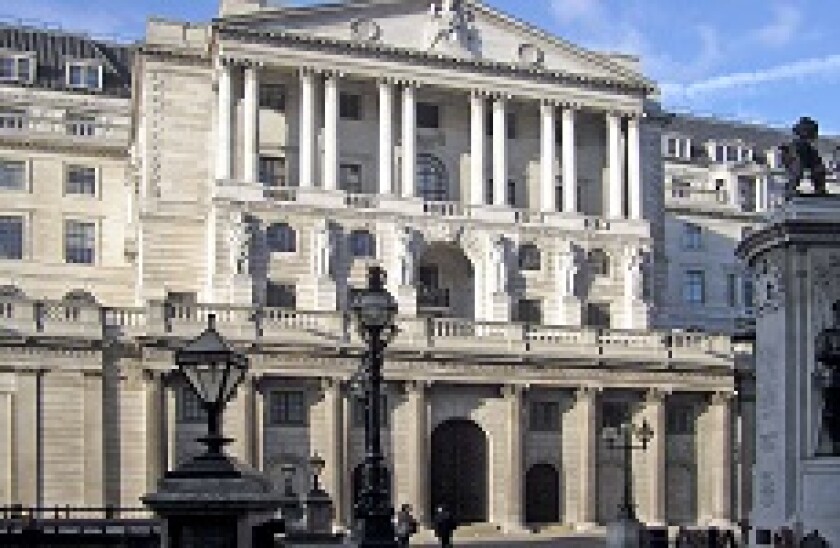Just two UK Prime RMBS deals have come to market in 2017, though a handful of buy-to-let offerings have given buyers something to sink their teeth into.
Against this backdrop of negligible new supply, the latest available figures show that more than £55bn of funding has been drawn by UK mortgage financiers under the TFS scheme as of March 2017.
The scheme, which arrived alongside last year's post Brexit interest rate cut, is set to end in February 2018. If Carney's bleak outlook is accurate, the end date for TFS could be exactly when Brexit volatility comes back to bite the market.
By the tone of the BoE governor's Mansion House address, there is little to suggest that underlying UK economic fundamentals are set to improve, and Carney has ruled out a return to pre-Brexit interest rate levels.
While there has been no announcement on any TFS extension, it is not likely that the UK economic outlook will improve between now and next February, and the BoE will be keeping all options on the table to stave off any instability related to Brexit. This could include extending TFS past its scheduled end date.
The TFS figures released at the beginning of the month show that banks and mortgage lenders across the board have been eager to take advantage of the cheap funding on offer, and the programme has succeeded in encouraging more lending, according to the BoE’s numbers. While one result of the programme has been a freezing up of UK RMBS supply, this is unlikely to be a top concern for Carney next February.
It could be argued that TFS, along with the cut in interest rates, was implemented far too early given the muted response to the original Brexit vote. As a result, TFS has been an abnormal funding programme introduced in what turned out to be a normally functioning market.
However, given UK economic data and the Brexit timetable, the BoE might just decide to extend the programme next February in order to mitigate the impact of the volatility it was meant to counteract in the first place.
For the UK RMBS investors this would mean continued low supply, and the need to look beyond the UK market for investment opportunities in the medium term.

